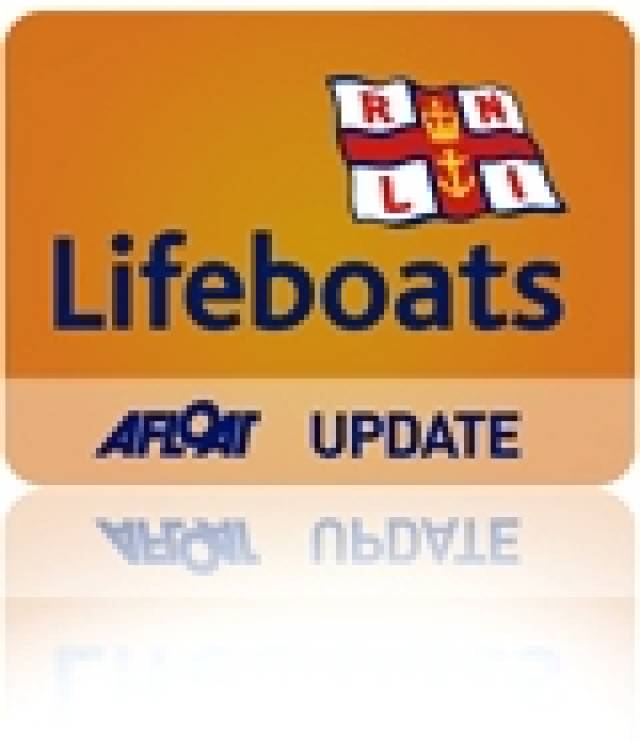#lifeboat – A new research project being run by the RNLI (Royal National Lifeboat Institution) is exploring attitudes towards risk and safety, and the various ways in which yacht sailors participate in their sport. Over 620 recreational sailors were rescued by Irish lifeboat crews in last five years.
The research, which is supported by the Irish Sailing Association (ISA) will look at what motivates sailors, how often they go to sea, their experience and training, awareness of potential hazards and use of safety procedures and equipment. The findings will be used to help develop tailored and relevant safety messages for the yacht sailing community.
An online questionnaire for yacht sailors in Ireland launches today (27 March) and will run for five weeks until 30 April. All of those who participate in yacht sailing who are based in Ireland – no matter how often or what level of experience – are encouraged to take part. The RNLI is asking people to log on to www.rnliyachtingIreland.substance.coop and complete the survey, which will take about 15 minutes.
The survey will also be supplemented by interviews with individual yacht sailors and yachting organisations as well as focus groups held in selected locations. The project will be undertaken by Substance research, a social research company who have produced research for the RNLI on a number of occasions, on behalf of the RNLI.
Pip Hare, RNLI Coastal Safety Manager, explains the reasoning behind the research project: 'The RNLI exists to save lives at sea – a large part of that role is trying to prevent incidents from happening in the first place by providing important safety information. We're always pleased to see people enjoying their leisure time at the coast and we want to help ensure they can take part in their chosen activity safely RNLI incident data shows lifeboat crews in Ireland have rescued almost 623 yacht sailors in the last five years.'
'The aim of this research is to help us understand why people get involved in sailing and how they behave when they are on the water so we can provide the most relevant and useful safety information to them. We're working with the Irish Sailing Association to join expertise in coastal safety with experience of the sport. Once we have the results of the research, we will work together to develop the most suitable safety programmes and advice.'
Gail MacAllister, Communications Officer and Regional Development Officer for the ISA said: "It is great to be working with the RNLI on their survey on attitudes to safety at sea and the waterways. If we can learn to understand perceptions of safety checks and maintenance then we can make massive steps to helping change some of those perceptions and in turn save lives."
The main project partner for the safety project is the Irish Sailing Association, the national body for all forms of boating in Ireland. The project is also supported by the Cruising Association of Ireland and the Irish Cruising Club
All who participate in the survey are offered the option of free entry into a prize draw to win a McMurdo Fast Find personal locator beacon. A winner will be chosen at random on 31 May. Full terms and conditions for the prize draw, as well as further information about the study, can also be found through the above link.
































































